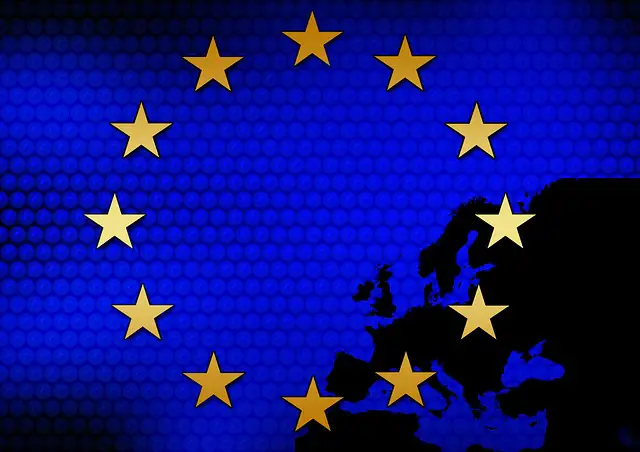Although Microsoft has always believed that it is at the forefront of the EU’s general data protection regulations, the regulatory agency survey found that Microsoft still has various types of violations. Most of these issues are generated around Microsoft telemetry services, which are designed to automatically collect Microsoft operating systems and software data for submission to Microsoft for analysis. In this process, the private information generated by the user may be obtained by Microsoft.

“Europe privacy law GDPR”by SmedersInternet is licensed under CC BY 2.0
Initial investigations revealed concerns about whether the format terms of Microsoft-related software met data protection rules and that Microsoft handled user data. For example, the European Union defines data for identifiable natural persons including name, date of birth, photos, videos, e-mails, and telephone numbers as personal information.
According to the EU regulations, users have the right to decide which data to share to the software developer according to their own wishes. Of course, users also have the right to directly refuse to share any data. However, users of Microsoft’s operating system and software must agree to the terms and conditions if they want to use them. If they do not agree to these terms, they will not be able to use the software. Obviously this is contrary to the EU regulations for people to share data as they wish, but users have to agree to the terms of use in order to be able to use the operating system or software.
According to a survey released by regulators, Microsoft also immediately issued a short statement, and Microsoft said it is discussing with EU customers to develop new contract terms. Microsoft said it has always followed the relevant EU regulations and helped customers comply with the relevant regulations. The new contract terms to be released will solve the new problems raised by the regulators. For Microsoft, basically, as long as the EU regulators proposed Microsoft will change, from the previous Windows 10 privacy settings to data processing has always been the case.
Via: ZDNet






